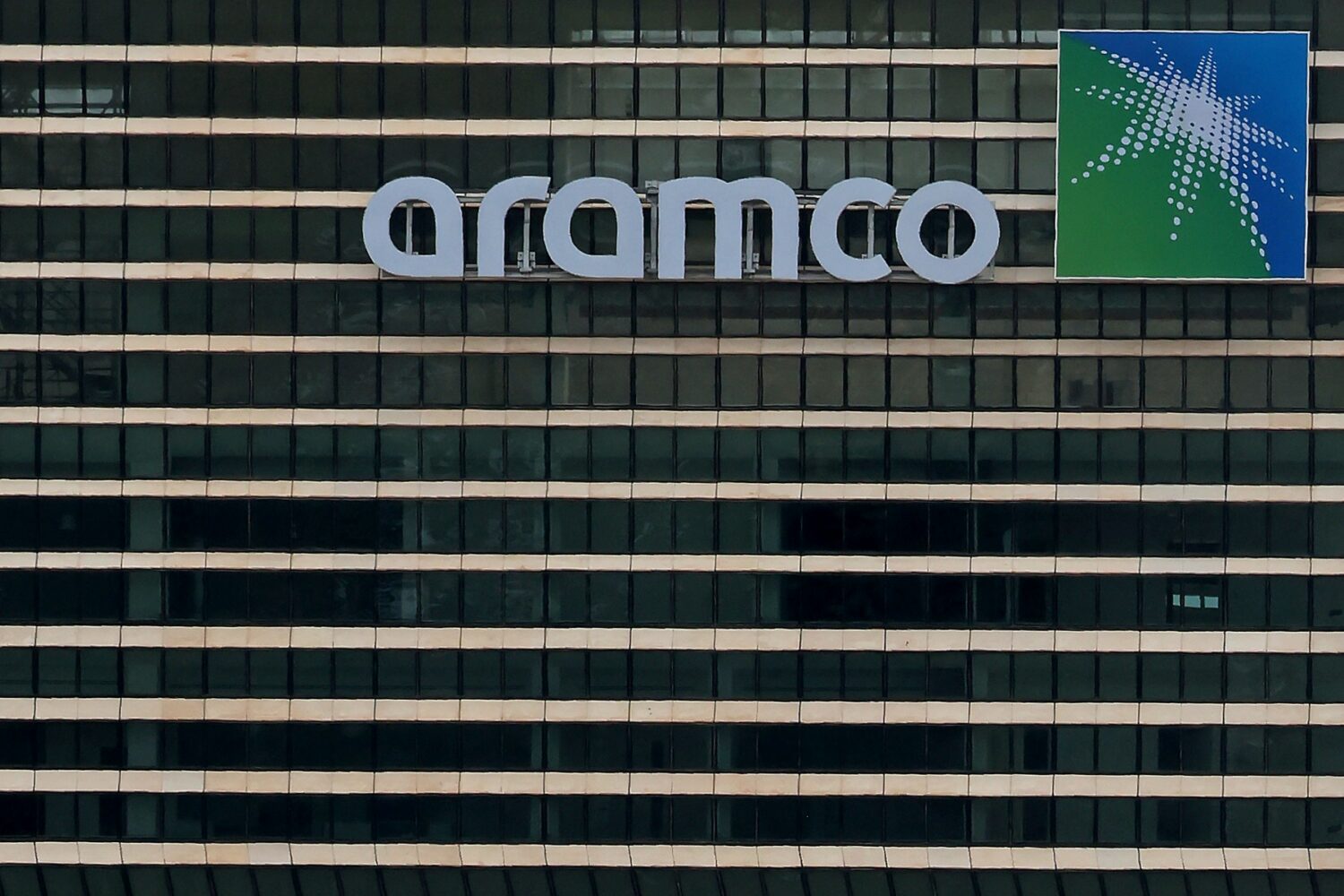Riyadh, Saudi Arabia — Aramco, TotalEnergies and SABIC have completed for the first time in the Middle East and North Africa (MENA) region the first conversion of oil derived from plastic waste into circular polymers certified with the International Sustainability and Carbon Certification (ISCC+).
The plastic pyrolysis oil, also called plastic waste derived oil (PDO), was processed at the SATORP refinery jointly owned by Aramco and TotalEnergies, in Jubail, Saudi Arabia. It was then used as a feedstock by PETROKEMYA, a SABIC affiliate, to produce certified circular polymers.
The project aims to pave the way for the creation of a domestic value chain for the advanced recycling of plastics to circular polymers in the Kingdom of Saudi Arabia. The process allows the use of non-sorted plastics, which can be difficult to recycle mechanically, and consequently contributes to solving the challenge of end-of-life plastics.
A first milestone for the project was obtaining ISCC+ certification to assure transparency and traceability of the recycled origin of feedstock and products. Three industrial plants were involved in the process: SATORP refinery, Aramco’s Ju’aymah NGL Fractionation Plant and PETROKEMYA. All successfully obtained the ISCC+ certification, enabling the production of circular materials.
Mohammed Yahya Al-Qahtani, President of Refining, Chemicals and Marketing at Saudi Aramco, explained that this achievement demonstrates the importance of the petrochemical sector’s role in creating more sustainable products and solutions.
He said that the goal is to innovate solutions for recycling plastic waste, in addition to making progress in our ambition to reach zero neutrality for Bands 1 and 2 and reduce greenhouse gas emissions in the company’s wholly owned and operated business facilities by 2050.
He said the possibility of producing recycled products with the expansion of Saudi Aramco is considering multiple ways to leverage new technologies and existing assets to support the use of more sustainable, less carbon-intensive recycled products.
Bernard Pinatel, Head of Refining & Chemicals at TotalEnergies, said the company aims to produce about 30 percent of recycled polymers by 2030, and its strategy is based on building a company with multiple types of energy with the aim of reaching zero neutrality by 2050.
SABIC and TotalEnergies are founding members of the non-profit organization Alliance to End Plastic Waste (AEPW), which aims to bring collective knowledge, resources and experience to address current waste management challenges.

